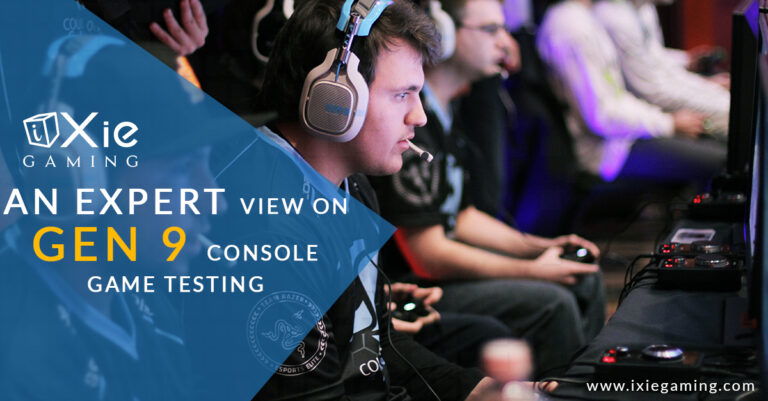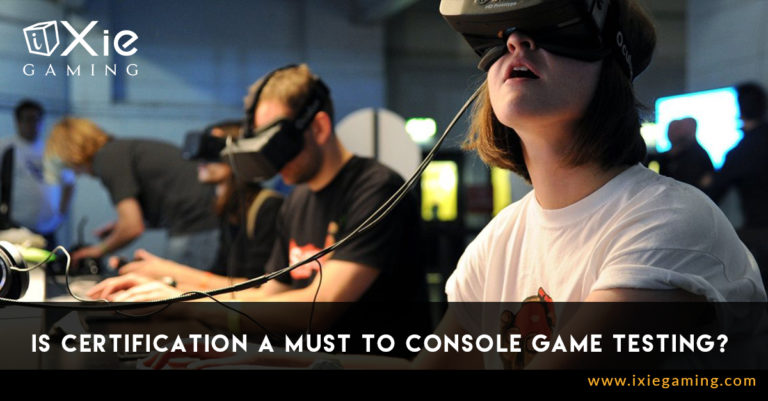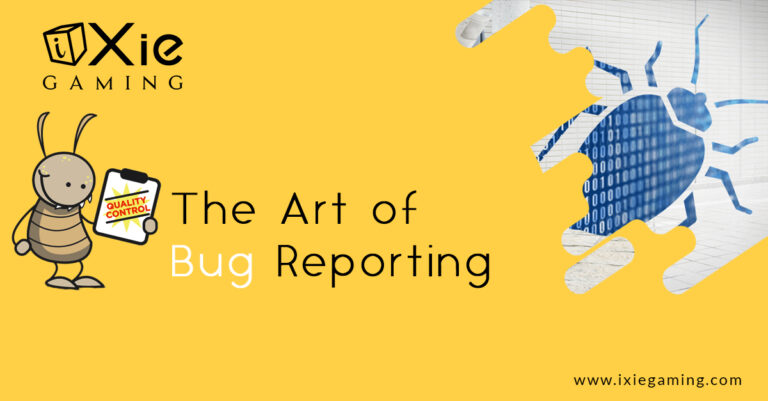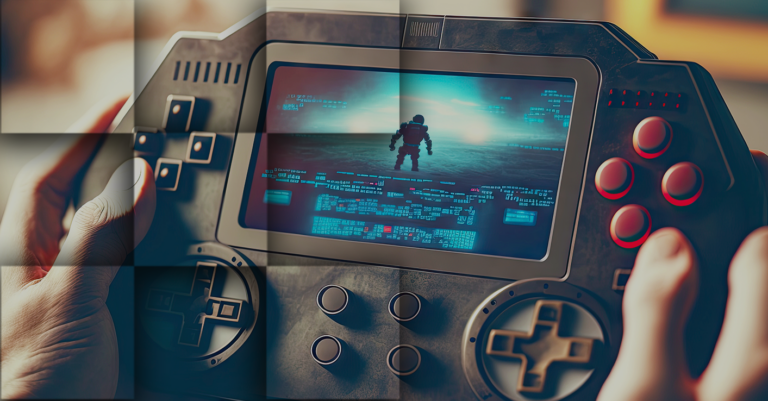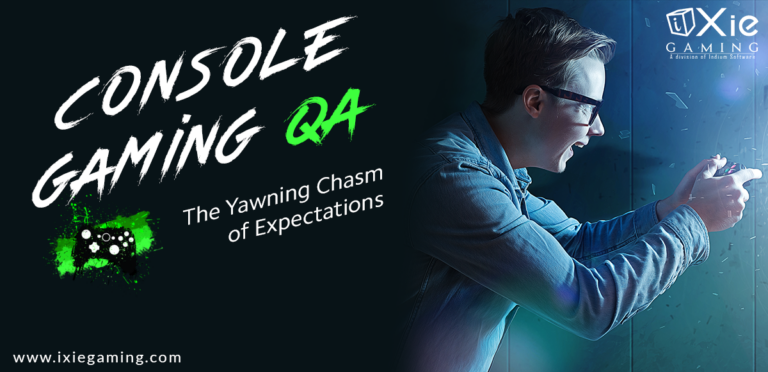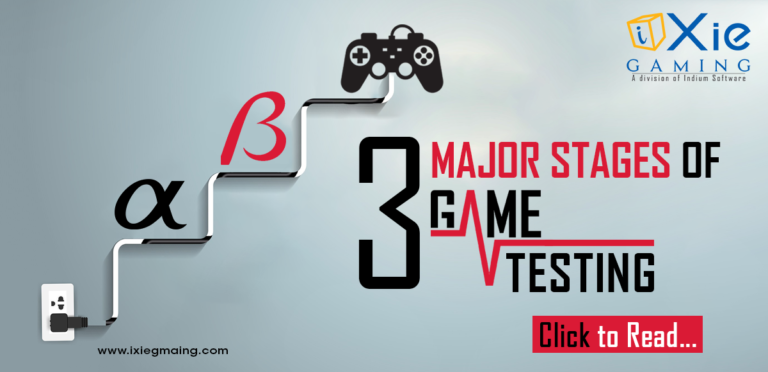We are about of cap off another great year for videogames. 2019 has been yet another year with a good mix of fantastic indie titles and stellar entries from tentpole franchises. Big names like Resident Evil, Devil May Cry, Gears of War and Smash Bros have all delivered the best version of their games yet. However, big-name franchises like these have sure had their missteps through the course of their journey to greatness. From being released as an unfinished product to being loaded to the brim with microtransactions and loot boxes, to falling victim to plain old franchise fatigue, these games have contributed towards the misfortunes of the franchise, regardless of how well they ended up selling. Here we take a look at five such examples that tainted the legacy of their respective franchises in various ways.
Battlefront 2 – Star Wars Franchise
Serving as the granddaddy of all videogame controversies, there is no shortage of things that could be said about Star Wars Battlefront 2. The game fell victim to the publisher’s growing interest in making as much money off of loot boxes as possible. After all, it was the implementation of these mechanics in EA’s other games that turned the company’s fortune around in the course of less than a decade and made it one of the largest game companies in the world. But EA truly did go overboard with its greed with Battlefront 2.
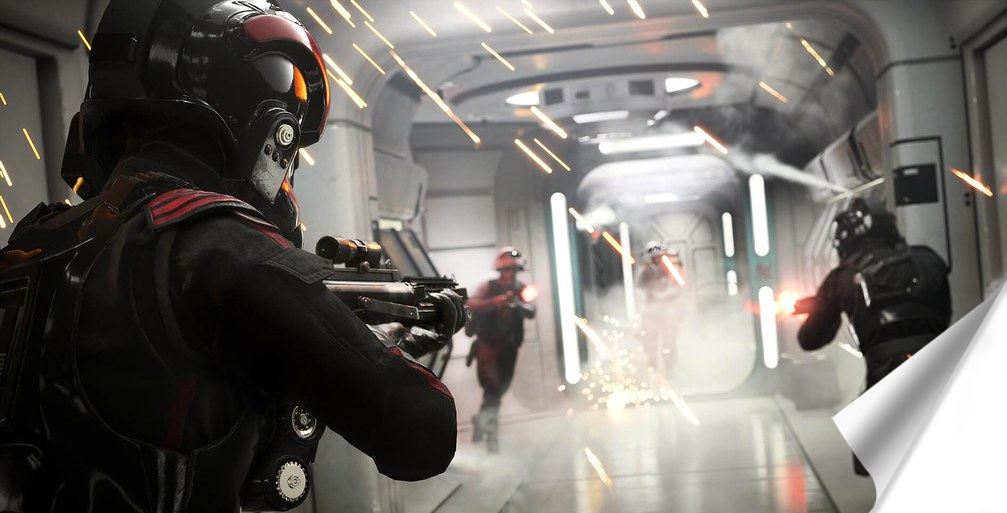
The early access program laid the game bare showcasing how the implementation of loot boxes hindered player progress. Needless to say, this resulted in a major uproar that reached millions and the rest is history. Whatever decent videogame was buried underneath all of this was overlooked until after EA had made changes to its in-game transactions. If a company in 2019 were taking a back seat from microtransactions and loot boxes (ironically it was EA this year), Battlefront 2 needs to be credited for it.

God of War: Ascension – God of War Franchise
The God of War franchise needs no introduction to anyone who is into gaming. 2018 proved to be a pivotal year for the series with a fresh new outlook for the series. However, said the outlook was more warranted to keep the brand alive rather than natural evolution. God of War 3 was a great game, but even when it released in the PS3, a sinking feeling of samey gameplay was looming throughout its playtime. One couldn’t help but feel that the developers took an “If it ain’t broke, don’t fix it” approach. The subsequent iteration, God if War: Ascension, did not help matters.
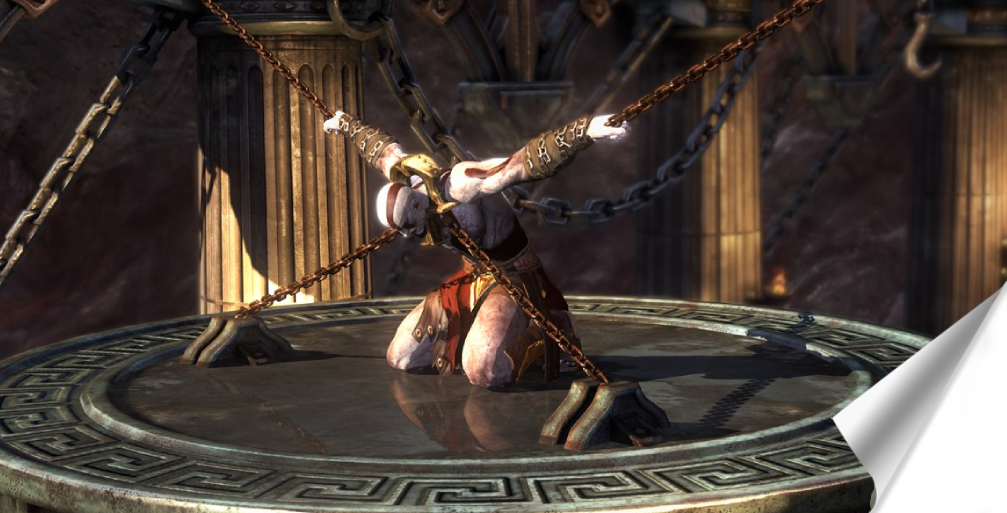
Make no mistake, Ascension is a great game on its own. But, to most of the player base, it was certainly not the first God of War game. At this point we have seen what Kratos was capable of doing and have done the deed several hundred times and, despite the grandeur of its opening moments, things felt quite stale in just a few minutes into the game. The tacked-on multiplayer mode did no good either. The writing was pretty much on the wall for the franchise and any company would have laid the franchise to rest for good. But Sony didn’t. And thank heavens for that.
Fallout 76 – Fallout Franchise
To put in bluntly, Fallout 76 is a sum of everything that’s wrong with the industry. Bethesda, a company responsible for amazing games that put storytelling and player experiences at the forefront, once loved by many despite the many bugs that accompany its games in general, has now found itself looking like a greedy corporation trying every dirty trick in the bag to make as much money as possible thanks to its approach with the game. And rightfully so.
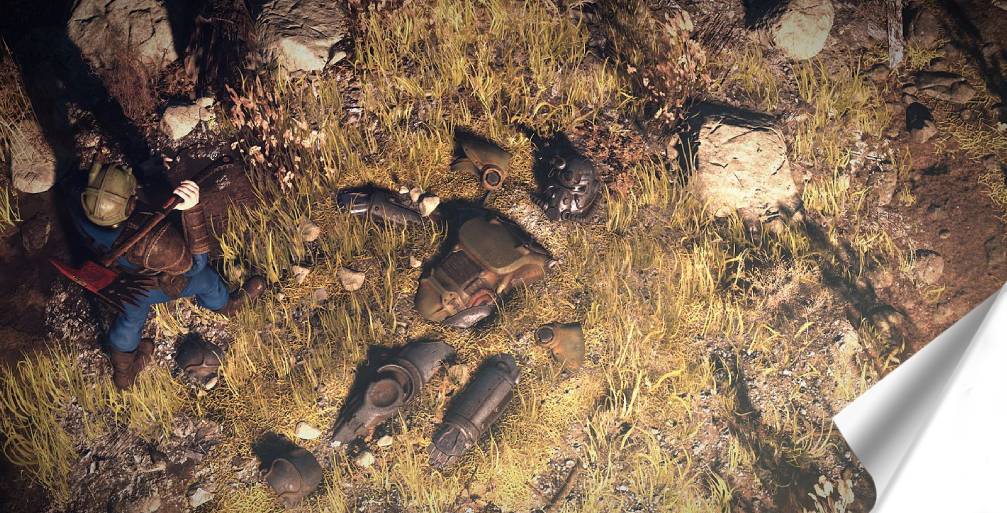
Fallout 76 has been a mess of a game from its rocky launch. And the company, while acknowledging the technical issues, does not seem too bothered about how its customer base feels about the controversy surrounding the game. From implementing aggressive microtransactions to providing goodies made of questionable quality for the special edition of the game to bragging about the addition of NPCs, the addition of a rushed Battle Royale mode, and a $100 subscription model, Bethesda seems to willingly turn a blind eye towards all the negativity surrounding Fallout 76. In an industry where some companies thrive on making their games better based on player feedback, this kind of outlook from a significant name in the industry is just beyond shocking. Fallout 76 certainly does not deserve the “Fallout” brand attached to it and the game is not Bethesda’s finest work. It would be interesting to see how they make up for all of it and gain players’ trust back.
Umbrella Corps – Resident Evil Franchise
Umbrella Corps may not have the Resident Evil branding in its title, but it was Capcom’s attempt on making the most of a beloved franchise. Serving as a tactical multiplayer shooter set in locations based on the Resident Evil games, the title was dead on arrival, to put it mildly. The game was clunky at best and had very serious balancing issues at launch making the very act of playing it a frustrating affair. To be fair Capcom has had several missteps with the franchise, with the likes of Resident Evil 6 and Operation Racoon City, but Umbrella Corps takes the cake simply because of how blatant of an attempt this is to make a quick buck out of fan loyalty.
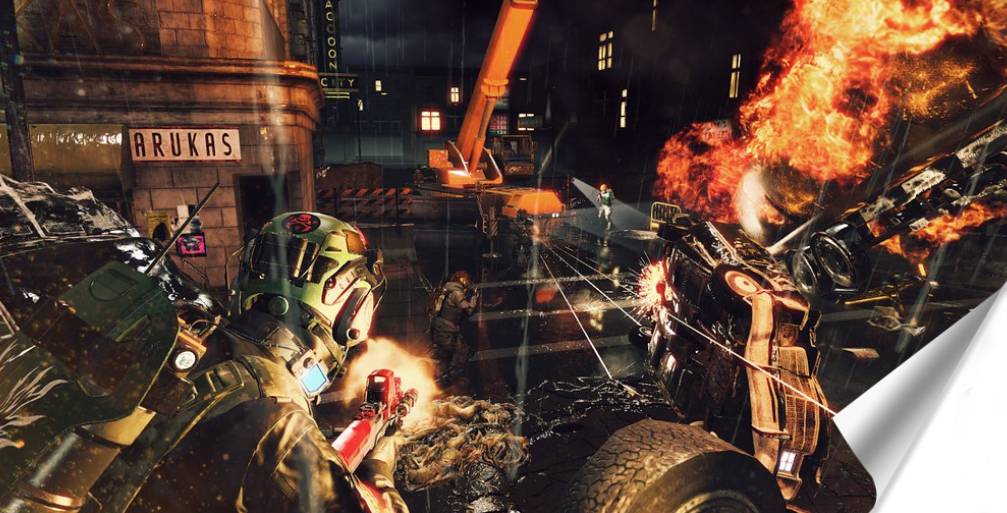
Needless to say, this game is a detriment to the legacy of the franchise. Watching Capcom get back on the good books of a player with RE7, Devil May Cry 5 and Monster Hunter World was nice. But I have to say Resident Resistance, yet another multiplayer-focused iteration of the game does make me nervous. Here’s hoping that this new game does the franchise justice.

Metal Gear Survive – Metal Gear Franchise
Metal Gear Survive seems like the perfect segue from Umbrella Corps in a list like this. Both are multiplayer games made as cash grabs based on a beloved franchise. Yet, MG Survive feels a lot more sinister. Survive felt like Konami’s response to the infamous fallout between the company and Metal Gear series creator Hideo Kojima. Featuring uninspired repetitive gameplay set in the Metal Gear universe, the game was made using the assets used to create Metal Gear Solid: The Phantom Pain, thus, looking very similar to the stellar stealth action game from Kojima. Despite the similarities in visuals though, the games were worlds apart in how they played.
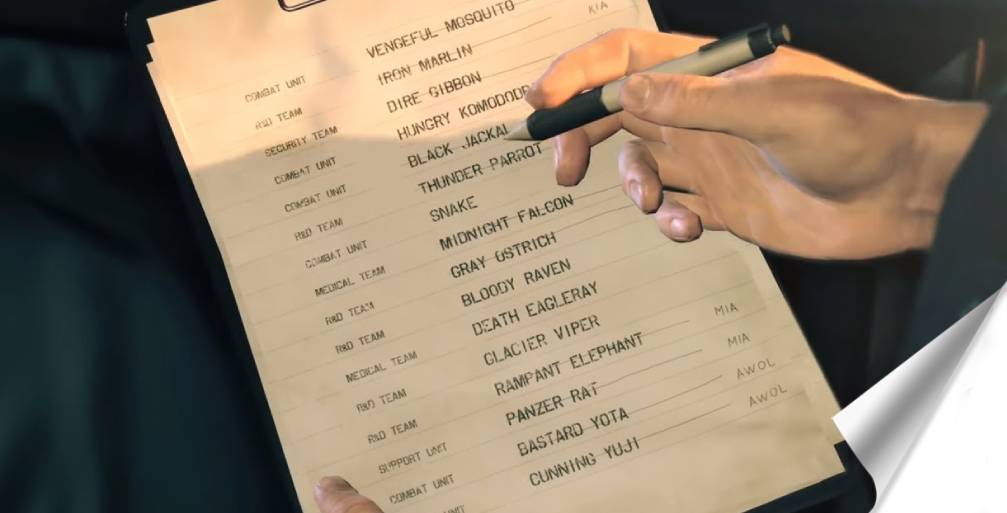
Furthermore, the game took microtransaction to newer heights with having the player pay $10 for an additional save slot. For many, this was a new low in the history of gaming in terms of design principles. While all other titles in the list had some justification for their existence, Metal Gear Survive has none. It seems to have been made for the sole purpose of tainting a creator’s legacy. This was made even more evident through an Easter Egg within the game by the developers who expressed their displeasure on the project with some colourful words to the producer and director of the game along with the message KJP (Kojima Productions – Hideo Kojima’s then newly formed studio) FOREVER. The length the developers within Konami went to execute this despite the potential perils of being axed, goes to show that Metal Gear Survive was a product of grudge, rather than a labour of love. Such a product should not exist in the creative realm regardless of the medium. But MG Survive does exist. And that is a sad thing.

